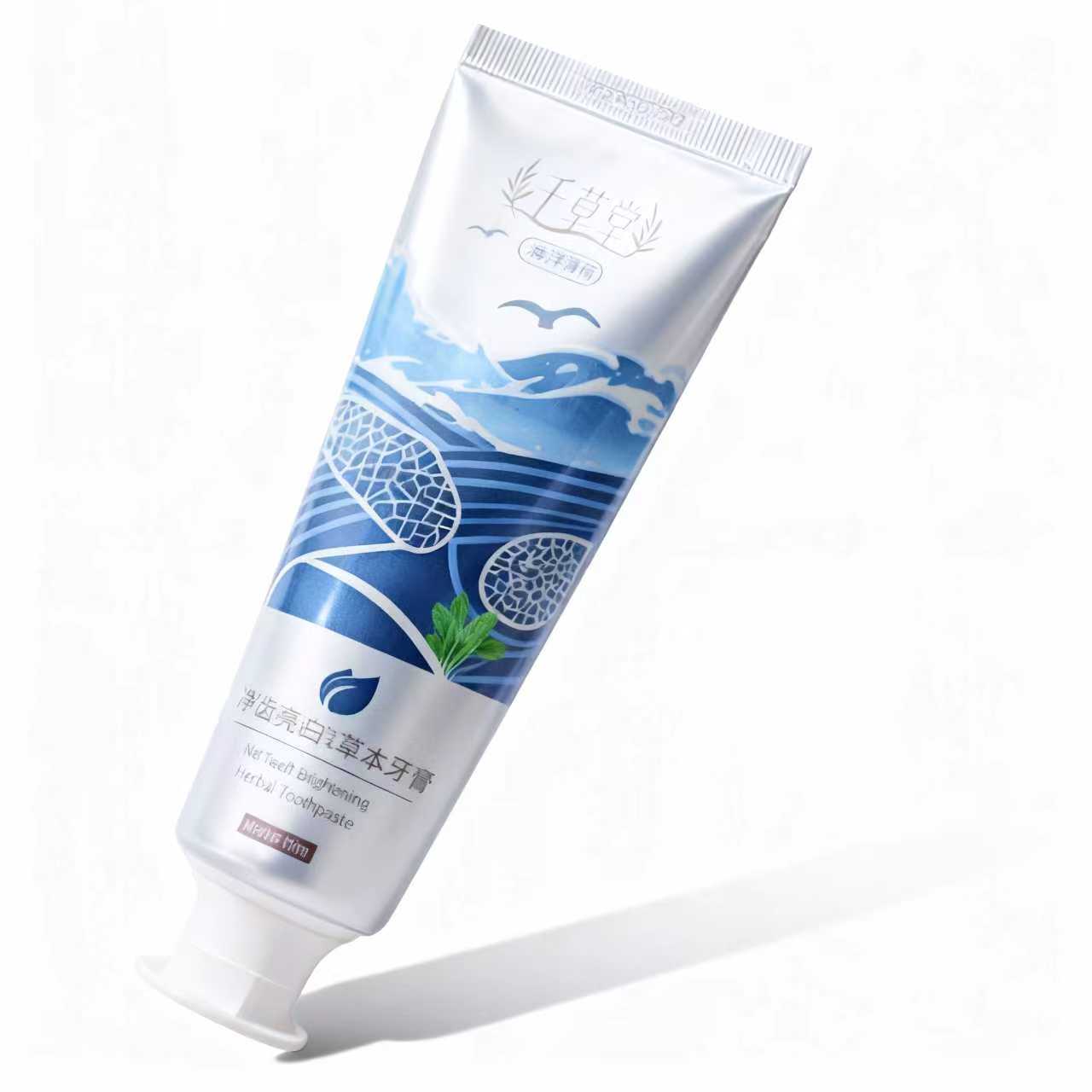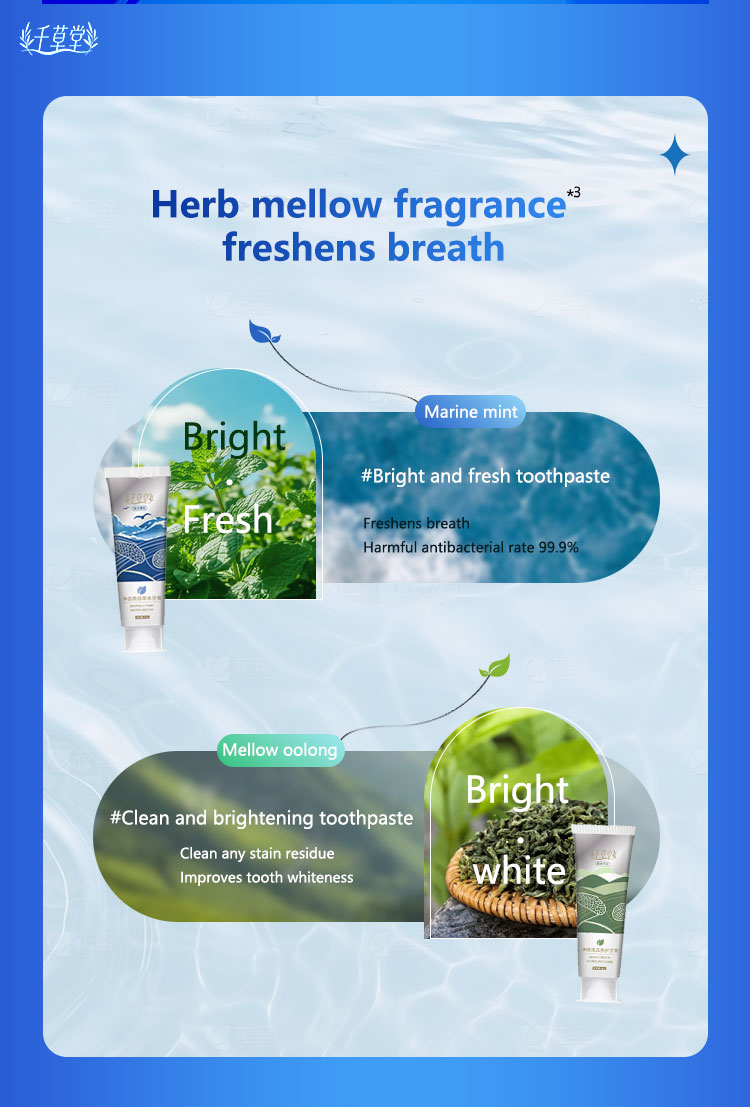
Safety Assessment and Regulatory Compliance of Diatom Toothpaste
Global Regulatory Approvals for Diatomaceous Earth
Diatomaceous earth (DE) has received widespread safety certifications globally, providing a solid regulatory basis for its use in toothpaste:
-
United States: DE has obtained FDA GRAS (Generally Recognized as Safe) status, meaning FDA experts have reviewed and deemed it safe under specified conditions for use in foods and oral care products. FDA regulations (21 CFR 176.170, 177.2410, 178.3297) define its usage standards. Only food-grade DE is GRAS-certified; industrial or pool-grade DE is not considered safe.
-
Europe: The European Food Safety Authority (EFSA) conducted a comprehensive safety assessment. In April 2025, the EFSA panel on feed additives confirmed that DE is safe for target species, consumers, and the environment under recommended conditions. Although the assessment focuses on animal feed, the conclusions are relevant to oral care products. DE is also permitted under EU Cosmetics Regulation (EC No 1223/2009).
-
China: DE is strictly regulated. According to GB 2760-2024, it is allowed as a food processing aid with no residue limits. GB 14936-2012 specifies technical and hygiene requirements for DE products used as additives. This applies to natural DE processed via drying, calcination, acid washing, and grading.

Toxicology and Clinical Safety Assessment
-
Acute Toxicity: Oral LD50 in rats exceeds 5000 mg/kg, indicating practically non-toxic behavior even if ingested in large amounts.
-
Skin Irritation: 100% DE shows no acute skin irritation in healthy volunteers; cosmetic products with 9–11% DE are also non-irritating, relevant for sensitive oral mucosa.
-
Sensitization: DE shows no sensitization in Local Lymph Node Assay (LLNA) up to 10% concentration and is safe in Human Repeat Insult Patch Test (HRIPT) at 9–11% concentration.
-
Long-Term Safety: Although specific long-term studies in toothpaste are limited, decades of DE use in food filtration suggest long-term safety.
-
Special Populations: DE contains no heavy metals or pesticide residues and is suitable for children, pregnant women, and the elderly due to its gentle properties.
Toothpaste Regulatory Requirements and Quality Standards
Since December 1, 2023, the Toothpaste Supervision and Administration Measures integrate toothpaste into the cosmetic regulatory system. Key requirements include:
-
Product Registration/Record Filing: Domestic toothpaste must file formulations, production processes, and labels with provincial authorities; imports require registration or filing with the National Medical Products Administration (NMPA).
-
Efficacy Claims: Claims such as whitening, anti-cavity, anti-sensitivity, or anti-plaque must be scientifically substantiated with evaluation reports.
-
Safety Assessment: Products must undergo microbiological, physicochemical, and toxicological testing. New ingredients require stricter evaluation.
-
Labeling Requirements: Labels must accurately indicate product name, ingredients, efficacy, usage instructions, and precautions.
Quality Standards for Toothpaste:
| Standard Category | Requirement | Test Method |
|---|---|---|
| Physicochemical | pH 5.5–9.0, good stability, no hard particles | GB/T 8372-2017 |
| Fluoride content | ≤0.15% (≤300 mg per package) | Potentiometry / Diffusion method |
| Abrasiveness (RDA) | ≤250 | Radioactive tracer or profilometry |
| Heavy metals | Pb ≤250 mg/kg, As & Hg comply | Atomic absorption spectroscopy |
| Microbiology | Total count, coliforms, molds, etc. comply | Microbiological testing |
Special Considerations for Diatom Toothpaste:
-
Raw Material Control: Use only food- or toothpaste-grade DE with supporting quality certificates.
-
Efficacy Validation: Whitening claims require clinical or in vitro verification.
-
Safety Compatibility: Evaluate interactions with other ingredients to avoid adverse reactions.
-
Stability Testing: Conduct accelerated and long-term stability studies to ensure product quality throughout shelf life.
Summary:
Diatomaceous earth holds global safety certifications (FDA GRAS, EFSA approval, China national standards). Toxicology studies confirm its safety: oral LD50 >5000 mg/kg, non-irritating at 100% concentration, non-sensitizing at 10%, and suitable for sensitive populations. Chinese toothpaste regulations require product registration, efficacy verification (e.g., whitening reports), and safety evaluation. Quality standards specify pH 5.5–9.0, RDA ≤250, Pb ≤250 mg/kg, etc. Diatom toothpaste must additionally control raw material grade, assess compatibility with other ingredients, and complete stability testing to ensure compliance and consumer safety.


(1).jpg)